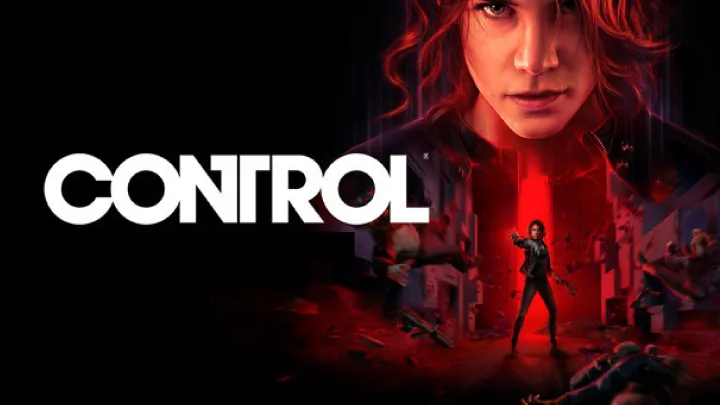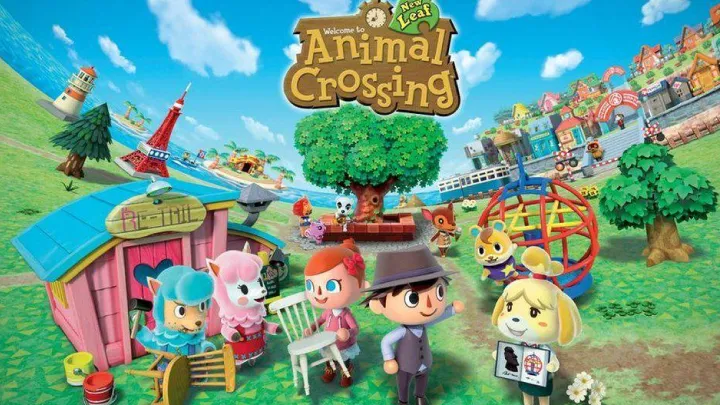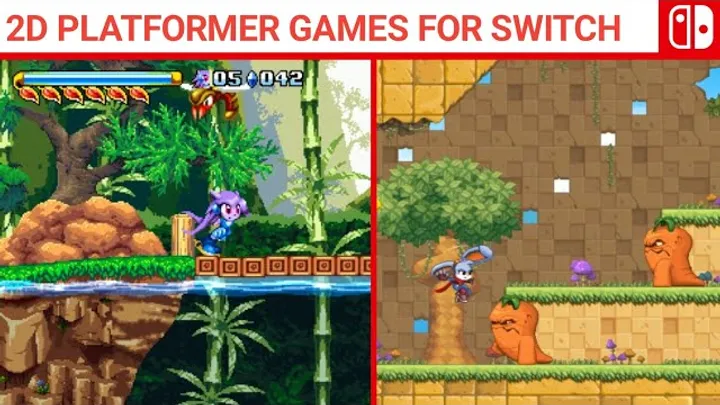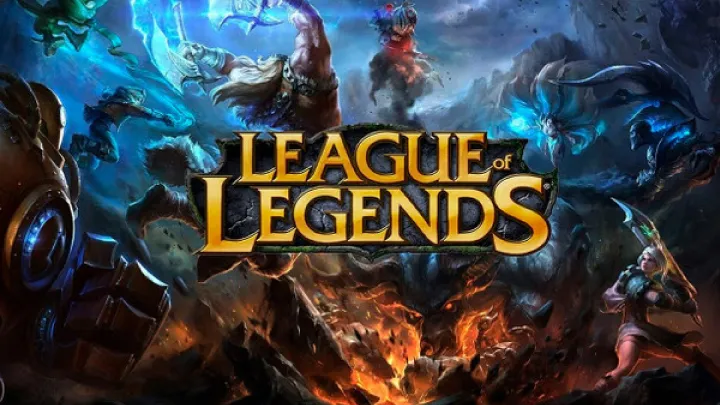
Remedy Entertainment's Control is not just a game; it’s an experience that immerses players in a surreal world filled with supernatural phenomena, corporate intrigue, and existential questions. Set within the Federal Bureau of Control (FBC), players take on the role of Jesse Faden, who seeks to uncover the truth about her past while navigating a shifting environment that challenges her perception of reality. A recurring theme throughout Control is the struggle for identity—both personal and collective—amidst chaos and uncertainty. This article delves deeply into this issue, exploring how Control uses narrative, gameplay mechanics, and environment to reflect the complexities of identity in a world governed by the unknown.
The Premise: A World Turned Upside Down
The Federal Bureau of Control
Control begins with Jesse Faden arriving at the FBC headquarters, known as the Oldest House. This brutalist skyscraper serves as a character in its own right, a labyrinthine structure that defies the laws of physics and reality. The FBC is tasked with investigating and containing supernatural phenomena, but it is increasingly unclear whether the Bureau is a protector or a prison for the unknown.
As players explore the Oldest House, they encounter various objects of power, hostile entities, and the remnants of past employees. The environment reflects Jesse's journey as she seeks to understand her connection to the Bureau and the events that led her there. This initial premise sets the stage for an exploration of identity—how it is shaped, distorted, and sometimes lost in a world filled with incomprehensible forces.
The Search for Personal Identity
Jesse's quest is not just about uncovering the secrets of the FBC; it is also about understanding her identity. Haunted by her past and the disappearance of her brother, she seeks answers while confronting the trauma she has endured. The narrative weaves together elements of her personal history with the larger mysteries of the FBC, creating a rich tapestry that explores the complexities of self-discovery.
In this context, Control uses the supernatural as a metaphor for the internal struggles individuals face when grappling with their identities. The bizarre occurrences within the Oldest House mirror Jesse's psychological state, emphasizing how external chaos often reflects internal turmoil. This thematic exploration serves as a foundation for the narrative, inviting players to delve deeper into Jesse's psyche as they navigate the game's surreal environments.
The Mechanics of Identity: Shifting Realities
Gameplay as a Reflection of Self
Control employs unique gameplay mechanics that reinforce the theme of identity, particularly through its telekinetic abilities. As players progress, Jesse gains powers that allow her to manipulate her environment, lifting objects, creating shields, and launching debris at enemies. These abilities are not just tools for combat; they symbolize Jesse's struggle for control over her life and identity.
The act of using these powers becomes a form of expression for Jesse. The more adept players become at employing her abilities, the more they reflect her journey toward self-empowerment. This connection between gameplay and narrative underscores the idea that mastery over one's abilities is akin to mastering one's identity. The fluidity of Jesse's powers mirrors the fluidity of identity itself, emphasizing that self-discovery is an ongoing process filled with challenges and revelations.
The Oldest House: A Reflection of Internal Conflict
The Oldest House serves as a manifestation of Jesse's internal conflict. The ever-shifting architecture and the strange phenomena occurring within its walls reflect her psychological struggles. As players navigate this environment, they encounter areas that change based on their actions and decisions, mirroring the unpredictable nature of identity formation.
For example, certain rooms may appear familiar yet feel distorted, representing Jesse's fragmented memories and the complexities of her past. This design choice evokes a sense of disorientation that aligns with the theme of identity, emphasizing that understanding oneself is often a convoluted and nonlinear journey. The Oldest House, therefore, is not just a setting; it is an active participant in Jesse's quest for self-discovery.
The Role of Objects of Power: Identity and Influence
Understanding Objects of Power
In Control, Objects of Power are everyday items imbued with supernatural abilities. These objects often have a personal significance to the individuals who used to possess them, linking them to their identities and histories. As Jesse encounters these objects, players learn about the lives of previous owners, providing insight into how identity can be shaped by external forces.
The concept of Objects of Power serves as a rich narrative device that explores how identity can be influenced by the environment. Each object tells a story about its previous owner, revealing how their lives were altered by the supernatural. This exploration of identity through Objects of Power emphasizes the idea that our surroundings and experiences shape who we are.
Jesse’s Relationship with Objects of Power
Jesse’s acquisition of these objects also reflects her evolving identity. As she gains new abilities, she becomes more connected to the FBC and the mysteries surrounding it. Each interaction with an Object of Power deepens her understanding of her own power and potential, offering a path toward self-actualization.
However, this connection is not without its complications. The Objects of Power often serve as reminders of the individuals who lost themselves in their pursuit of control, highlighting the duality of empowerment and loss. As players navigate this narrative, they are invited to consider how the pursuit of identity can be both a source of strength and a catalyst for chaos.
The Role of Relationships: Interpersonal Identity
Key Characters and Their Influence
Throughout Control, Jesse encounters a diverse cast of characters who play integral roles in her journey. Figures such as Director Trench, Dr. Emil Hartman, and Dylan Faden each represent different facets of identity and influence Jesse’s understanding of herself. Their interactions provide crucial insights into the nature of control, power, and self-perception.
For instance, Director Trench embodies the authority of the FBC but also reveals the darker, more manipulative aspects of institutional power. His relationship with Jesse is complex; he serves as both a guide and an obstacle, forcing her to confront the reality of her situation. This duality highlights the complexities of identity in relation to authority and control, emphasizing that personal identity is often shaped by external influences.
The Impact of Relationships on Identity
The relationships Jesse forms throughout the game reflect her evolving identity. As she interacts with other characters, she learns about their struggles and motivations, which in turn influences her own self-perception. For example, her connection with her brother Dylan serves as a catalyst for her journey, forcing her to confront the trauma of their shared past.
The game emphasizes that identity is not formed in isolation; rather, it is shaped by the connections we make with others. Jesse’s relationships add depth to her character, illustrating how interpersonal dynamics can influence our understanding of ourselves. This exploration of relationships highlights the idea that identity is fluid, shaped by experiences and interactions in a complex world.
The Challenge of Control: Mastery and Agency
The Concept of Control
At its core, Control grapples with the concept of control itself—both in terms of agency over one’s life and the broader implications of power. Jesse’s journey is marked by her struggle to gain control over her powers, her past, and her destiny. This theme resonates deeply with players, as it reflects the universal desire for agency in the face of chaos.
The game's mechanics reinforce this theme, as players must master Jesse’s abilities to navigate challenges and confront enemies effectively. The act of gaining control over her powers mirrors the broader narrative of reclaiming identity. Each victory, whether over a challenging foe or an environmental puzzle, becomes a step toward self-empowerment.
Mastery Through Challenge
The challenges faced by players in Control are not merely obstacles; they are opportunities for growth and mastery. Each encounter with a powerful enemy or a complex puzzle forces players to adapt their strategies and refine their skills. This process of mastery is intrinsically tied to Jesse's journey, as she learns to harness her abilities and confront her fears.
Furthermore, the game’s difficulty and mechanics encourage players to experiment and explore. The freedom to approach challenges in various ways fosters a sense of agency, reinforcing the idea that mastery is not just about skill—it’s also about understanding one’s own strengths and weaknesses. This journey toward mastery reflects the complexities of identity formation, emphasizing that growth often requires navigating obstacles and embracing challenges.
The Ending: Resolution and Reflection
The Climax of the Narrative
As players progress through Control, they reach a climax that serves as a culmination of Jesse’s journey. The final confrontation with her brother Dylan forces her to confront the intertwined fates of their identities and the consequences of their choices. This moment encapsulates the themes of control, identity, and the struggle for self-acceptance.
The resolution of this confrontation is not merely a victory; it is an acknowledgment of the complexities of their shared past. Players are invited to reflect on the decisions that have led them to this point, emphasizing the weight of choice in shaping identity. This climax reinforces the notion that self-discovery is a multifaceted process, filled with challenges and revelations.
The Aftermath and Reflection
The ending of Control leaves players with lingering questions about identity, control, and the consequences of one’s actions. Jesse’s journey is not neatly resolved; instead, it invites reflection on the nature of self-discovery in a world filled with uncertainty. The emotional weight of her experiences resonates long after the credits roll, encouraging players to consider their own struggles with identity.
In this way, Control serves as a powerful commentary on the human experience, emphasizing that the quest for identity is often a complex and nonlinear journey. The game’s narrative and mechanics intertwine to create a rich exploration of self-discovery, leaving players with a profound sense of connection to Jesse and her struggles.
Conclusion
Control is a masterful exploration of identity, control, and the complexities of self-discovery. Through its innovative mechanics, rich storytelling, and immersive world design, the game invites players to engage with the themes of mastery and consequence in a profound way. Jesse Faden’s journey serves as a reflection of the universal struggle for identity, emphasizing that growth often requires confronting one’s past and embracing the unknown.


















